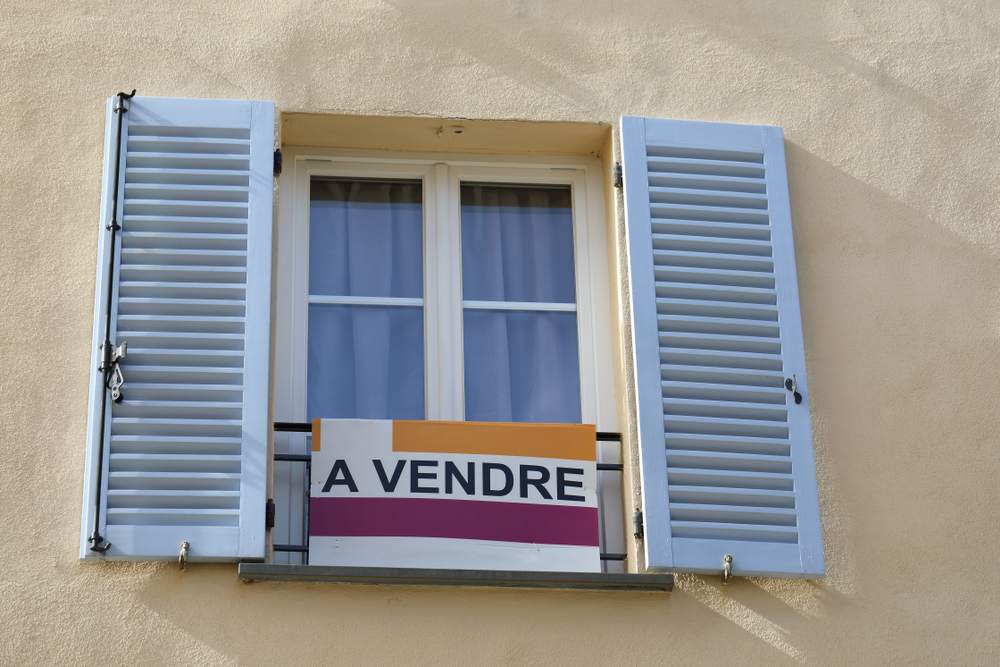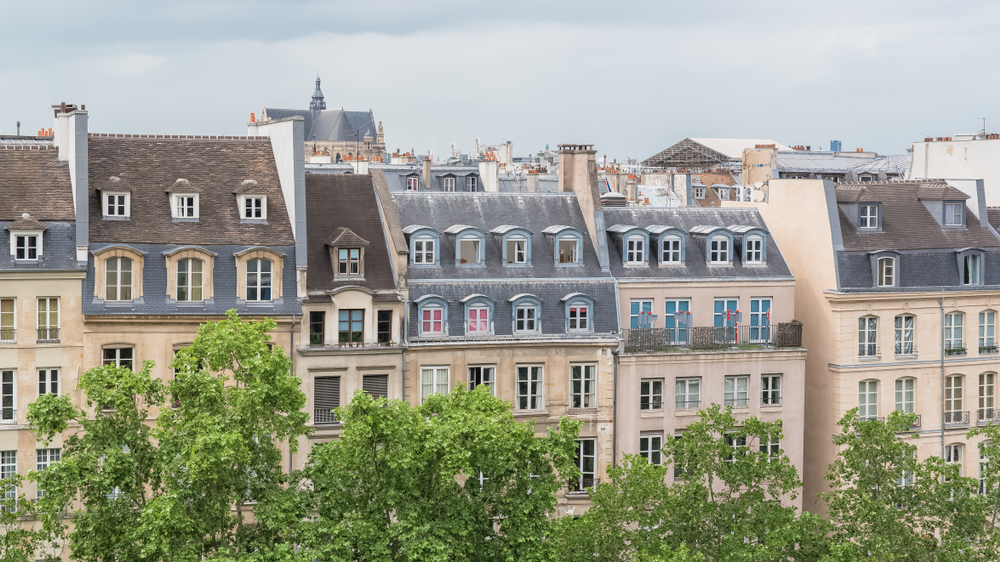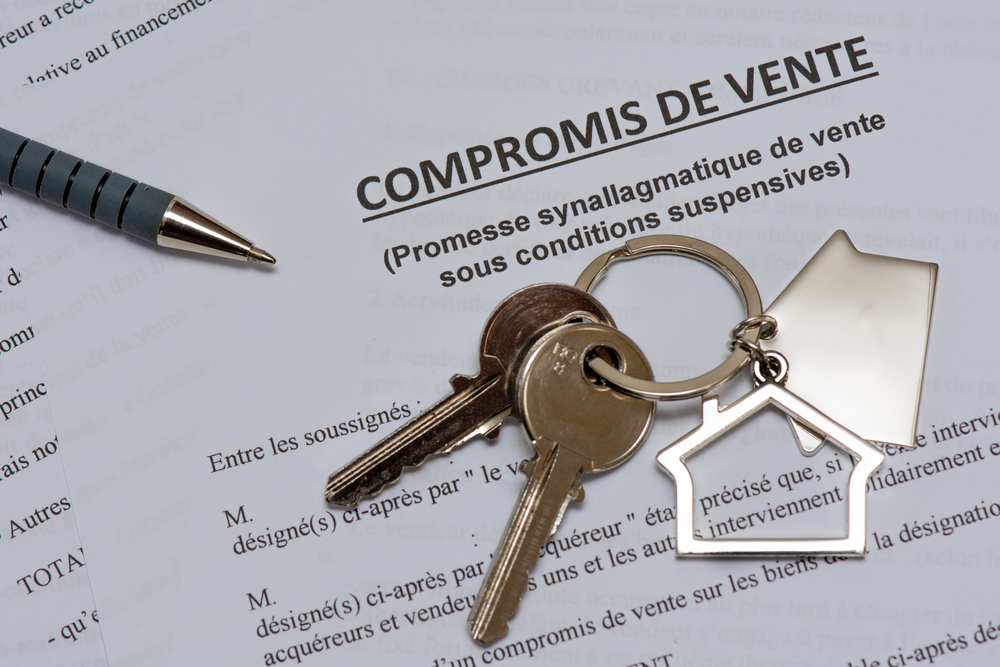Real Estate: Country Rental Fact Sheet
Welcome to France!
Throughout France, housing is in high demand, particularly within its large metropolitan areas. Apartments are by far the most common type of housing, found concentrated mostly in urban neighborhoods. Rental costs range from reasonable in a city such as Toulouse to extremely costly in Paris, the country’s most expensive city. In France’s most popular cities, including Paris, Nice, and Marseille, it may be necessary to secure a short-term rental while searching for a more difficult to find long-term option. Those looking for more room, better affordability, or a quieter atmosphere will want to look in the suburbs for housing. In most French cities, public transportation is reliable and extensive, usually reaching to the outskirts. Property sizes are noted in square meters and described by the number of rooms, not bedrooms. Prospective renters beginning their search will benefit from a knowledgeable community of multilingual real estate agents, which will help with the somewhat complicated rental process. Local newspapers include classifieds, though a good command of French will be needed if not using an agent.
Types of Rental Properties
- Apartments account for the majority of rental properties in France. The quality and character of rentals vary, ranging from old, small, and in need of repairs to spacious and modern. Contemporary apartment buildings tend to have smaller rooms yet better amenities such as balconies and elevators. Apartments typically include a combined kitchen and living area, along with bedrooms and a small storage area. Laundry facilities are usually in the basement.
- Serviced apartments are popular among expats on short-term assignments. These types of units come fully furnished and equipped with linens and cookware. Serviced apartments often include additional amenities more typical of a hotel, such as a receptionist, phone service, cleaning services, and possibly breakfast, coffee, and tea.
Expat Cities
Some of the top places for expats to live in France include Toulouse, Bordeaux, Nice, and Lyon. The central business districts and downtowns of these metropolises are popular places to reside for those looking to be in the middle of all the hustle and bustle. Those looking for a bit quieter atmosphere, are sure to find residential neighborhoods scattered throughout the city as well as on the fringes, where rates are more affordable. In addition, the suburbs offer more spacious dwellings including houses.
How to Find a Rental
International real estate companies handling sales and rentals have English-speaking agents with offices in France. These companies tend to specialize in upmarket and serviced apartment listings, particularly for expats. National newspapers such as Le Monde, Le Figaro, and LˈEquipe have apartment listings, while social media groups as well as notice boards at universities and organizations also are valuable resources. Rentals are commonly advertised online; some of the country’s most popular online portals for rental properties include:
|
|
Rental Rates and Fees
Rentals are priced according to square meters, with rates running between €20–33 per square meter per month. There may be an application fee or one for keys. A residence tax, or housing tax, is an additional fee that needs to be paid at the local council office (mairie). Below is a table of average monthly rental rates for apartments according to number of bedrooms and location.
| In City Center | Average Monthly Rate | Range | Outside City Center | Rate | Range |
| 1-bedroom | €1,215 | €900–1,700 | 1-bedroom | €854 | €650–1,200 |
| 3-bedroom | €2,827 | €2,000–4,000 | 3-bedroom | €1,806 | €1,200–2,800 |
- Rent is paid in the national currency of the euro. Payments should never be made in cash, but rather through a bank transfer or using a check to ensure consistent documentation exists.
- A fee ranging from €250 up to the amount of one month’s rent is typically paid to the real estate agent for their services in securing a rental.
Lease Terms
Requirements
Plan to have the necessary documents on hand when viewing a rental, as this will save time if you decide to rent the property. This dossier should include a passport or other proof of identification, visa information, work contract or employer reference, three months’ pay stubs, and proof of a French bank account. A guarantor is commonly required including their pay slips, ensuring rent will be paid even if the tenant cannot do so. Though normally this needs to be a French citizen, a person’s employer or bank could also serve as guarantor. New renters will also need to fill out an application form and purchase home insurance before moving in.
Duration
The most common lease term in a French tenancy agreement is three years for unfurnished rentals and one year for furnished properties. Terminating the lease early requires three months’ notice; if the need arises to leave early, expect to keep paying for three months even if you’re no longer living in the rental. Contracts for less than a year’s duration are considered holiday rentals, which are generally quite expensive.
Deposits
A security deposit equal to one month’s rent is typical. However, a higher deposit may be required if leasing a furnished apartment.
Pets
French landlords cannot legally refuse your right to have a pet in their rental—nor does a tenant have to inform them of it—though it’s generally best to be upfront to ensure a good relationship. Dogs categorized as first-class attack dogs are prohibited in France. These breeds include Mastiff, Staffordshire terrier (pit bull), and Tosa.
Legal Issues
- Timely payment of rent is essential and failure to pay may lead to eviction proceedings. Failure to buy home insurance is another cause for eviction, although landlords must wait until the lease is up to evict, giving tenants six months’ notice prior to the lease’s end.
Amenities
Furnished vs. Unfurnished
Furnished and unfurnished apartments are available. Unfurnished rentals usually have “white goods,” which include a stove, refrigerator, flooring, and lights. According to French law, furnished properties should include bedding, oven or microwave, refrigerator and freezer, crockery, kitchen utensils, tables and seating, storage shelves, lighting, and housekeeping equipment. Any appliances that break during a tenant’s lease period may be their responsibility to replace so clarify this with the landlord.
Parking
Most expats do not have cars in France because public transportation is convenient and affordable. Many city centers are walkable, and bike rental programs are an option for local transportation. If parking is available at your rental property, it is likely to be costly and possibly handled under a separate monthly lease.
Utilities
Rentals may include some utility services, most commonly water and sewage, waste and recycling, and sometimes electricity, gas, or telephone landline. Be sure to clarify what’s included in the cost of rent. Cable television, internet, and television services must be secured independently by the renter. Any management fees for the building’s public areas are usually included in the monthly rent.
Telephone Landline
Orange (www.orange.fr) is the country’s largest telephone landline provider. Others include Bouygues Telecom (www.bouyguestelecom.fr) and Free (www.mobile.free.fr). Many providers offer “box” (bundled) packages for combining landline, mobile phone, television, and internet services. Proof of both identity and address will be required for set up. Be sure to plan ahead for acquiring service, as the process can take up to two weeks.
Internet and Bundled Services
Popular internet service providers include Orange (www.orange.fr), Bouygues Telecom (www.bouyguestelecom.fr), Free (www.mobile.free.fr), and SFR (www.sfr.fr). Various packages are offered, which may include landline, internet, television, and cell phone service. Bills are paid monthly, while an activation fee and an annual television license fee are additional charges.
Electricity
There are several electricity providers in France, among the main ones are Électricité de France or EDF (https://particulier.edf.fr), Total Direct Energie (www.total.direct-energie.com), Engie (www.engie.com), Alterna (www.alterna-energie.fr), and Planete Oui (www.planete-oui.fr). Some suppliers offer green energy options and large suppliers, such as EDF and Engie, also supply gas with a discount available for ordering both services. You can activate your electricity online or over the phone and will need to provide identification (passport or residence permit), contact information including email address and phone number, address, name of previous occupant if possible, and banking information. Suppliers will likely ask for the size, in square meters, of the residence and number of occupants to determine power capacity. It also is a good idea to take a meter reading upon moving in. Bills are paid monthly or bi-monthly.
The standard electrical voltage is between 220- and 240-volts AC, 50 Hertz, using the type C Europlug and type E plug. Type C has two pins while E has two pins plus a hole for the socket pin. American devices, which are designed for 110- and 120-volt electricity, will require voltage converters or transformers and plug adapters.
Water and Sewage
Tap water in France is of good quality and safe to drink. The largest water and sewage service providers are Veolia (www.service.eau.veolia.fr) and SUEZ (www.suez.fr). The rent at most apartment buildings includes a charge for these services but be sure to verify with the landlord how charges are paid.
Gas
Gas is an option in most homes throughout the country, however, this will largely depend on where you live. Check with landlords about if the apartment needs gas service. Most energy providers in France provide electricity and gas, should you want both. For example, EDF (https://particulier.edf.fr) and Engie (www.engie.com) supply gas as well as electricity and offer a discount for ordering both services. You can activate your gas online or over the phone and will need to provide identification (passport or residence permit), contact information including email address and phone number, address, name of previous occupant if possible, and banking information. Bills are typically paid monthly.
Waste and Recycling
Tenants of French apartment buildings are responsible for separating trash from recycling, and landlords should provide separate containers for each. White-lidded bins are for glass recyclables, yellow-lidded bins are for non-glass recyclables, and green-lidded bins are for general trash. The building manager is responsible for taking the bins to the street for weekly collection on designated days. The service may be included in the cost of rent but be sure to clarify with the landlord how charges are handled.
Making Payments
Utilities, including electricity, water, and gas, are most often paid via internet banking, check, or a monthly direct debit arrangement.
FAQs
Can I negotiate my lease?
It is highly unlikely you can negotiate a lease in France’s large cities because demand is high. The deposit, however, may be negotiable, particularly if signing a long-term lease or one for a furnished apartment.
Should I have renter’s insurance?
Renter’s insurance is required in France, so plan on adding this to your list of duties and charges when setting up your household and acquiring utilities.
Article written for World Trade Press by Felicia Topp and Brielle Burt.
Copyright © 1993—2024 World Trade Press. All rights reserved.

 France
France 

